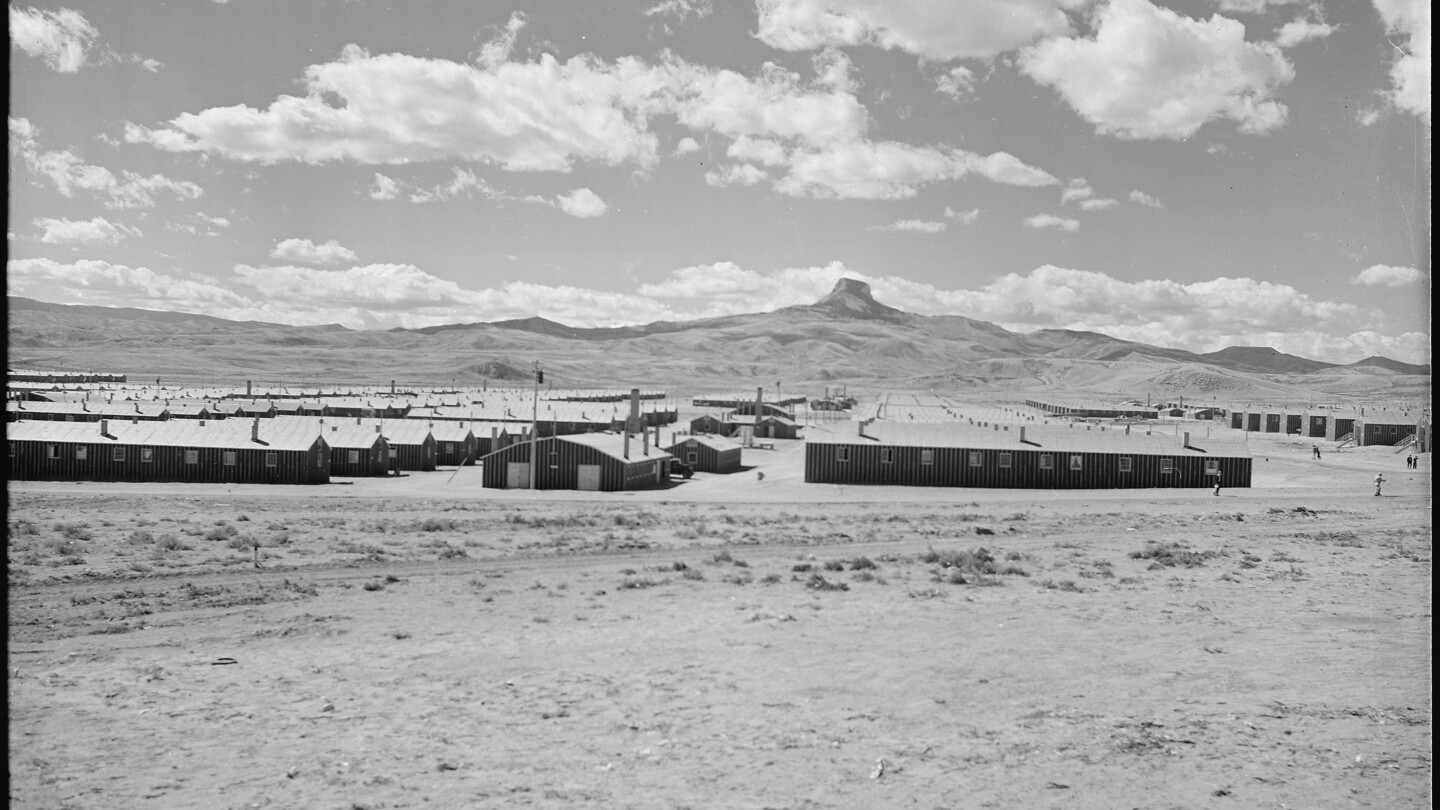The State of Us

Wednesday was a good day to talk about race, in the wake of the Martin Luther King holiday and on the heels of Obama's sixth state of the union speech. King Day has been with us long enough to make the official observations almost routine -- almost. Some Southern states insist on observing it while also observing the birthday of Confederate general Robert E. Lee. Among other things, Obama's speech to the nation on Tuesday revived his original ideal of red and blue states coming together, though not because that's actually happening. To the contrary, the phenomena of a black president in the White House the last six years has practically insured that it won't happen at all. This has become a familiar story: A person from a marginalized, historically despised group moves to the center of power, and the center pushes back. And so a power struggle much more fundamental and high-stakes than the one between Democrats and Republicans continues.
Such was the troubled but very timely backdrop to the conversation Wednesday at the central library downtown, "Race and Image in the Obama Era," part of the notable ALOUD series organized by the Los Angeles Public Library foundation. I was moderator of a conversation between author Jeff Chang and film director Justin Simien. Chang's latest book, pointedly titled "Who We Be," is an impressively informed, impassioned look at the rise and fall of multiculturalism and social justice via the visual arts; Simien's debut movie, "Dear White People," which satirizes but also dimensionalizes racial struggles in the modern age, opened late last year to great acclaim. They talked about their work, but mostly about the ongoing conundrum of America being a country that loves inclusion in theory -- it comports with our highest ideals of democracy, after all, just what Obama articulates -- but mostly fails at it in practice. So are we fooling ourselves on purpose? Do we like multiculturalism, but only to a point? Are we so far removed from the epic battles like the one depicted in the movie "Selma" that white Americans and young Americans of all colors don't recognize the depth of injustice anymore? Has marketing and advertising done such a splendid job of selling us diverse, justice-for-all images that we now believe that the pictures are reality, not corporations cleverly tapping into our wish fulfillment for a more perfect union and smothering a vital impulse for change?
All of the above. The upshot of the ALOUD conversation was that wish fulfillment is nice, but it can make us stupid, and worse, hypocritical. For instance, Simien talked about the fallacy of the notion of colorblindness, which many people equate with multiculturalism. But to say you don't see color is a way of negating someone's identity, rendering them not equal, but indistinct and invisible. Oppression with a progressive face. Chang mused about Asian-Americans being caught up in being the "model minority," the ideal candidates for the American mainstream -- but also its whipping boy when convenient. The bottom line is that it's the center controlling all these dynamics, not black folks or any people of color. Chang and Simien also talked about the unnerving ease with which nonblack people don blackface, literally or by appropriating aspects of it via hip-hop and other commercialized art/propoganda that's repeatedly sold to us as black culture. Simien said this puts black people in the eternal trap of defending the legitimacy of hip-hop and at the same time protesting that it isn't black culture, not all of it anyway. Blacks are always fighting the image battle, which has always been an integral part of the battle for social justice; how we appear in pictures and in the culture at large is not minor or cosmetic, it's central. Image is politics. It is power. There is no separation between the two and never has been.
Chang's book reminded me of that pivotal, pioneering multiculti ad campaign back in 1971, Coca-Cola's "I'd Like to Teach the World to Sing." I was a kid then, but I remember being absolutely moved by the song, delivered by young people of all colors and countries arrayed on a green hillside, smiling and optimistic. I was a bit too young to fully comprehend the politics of the time, but I knew the country had been through a rough time, that race had been a huge problem, and I took the song and its message to heart. America was going to finally live up to its promise as a grand place for all, I thought. If only that had been the real thing.


